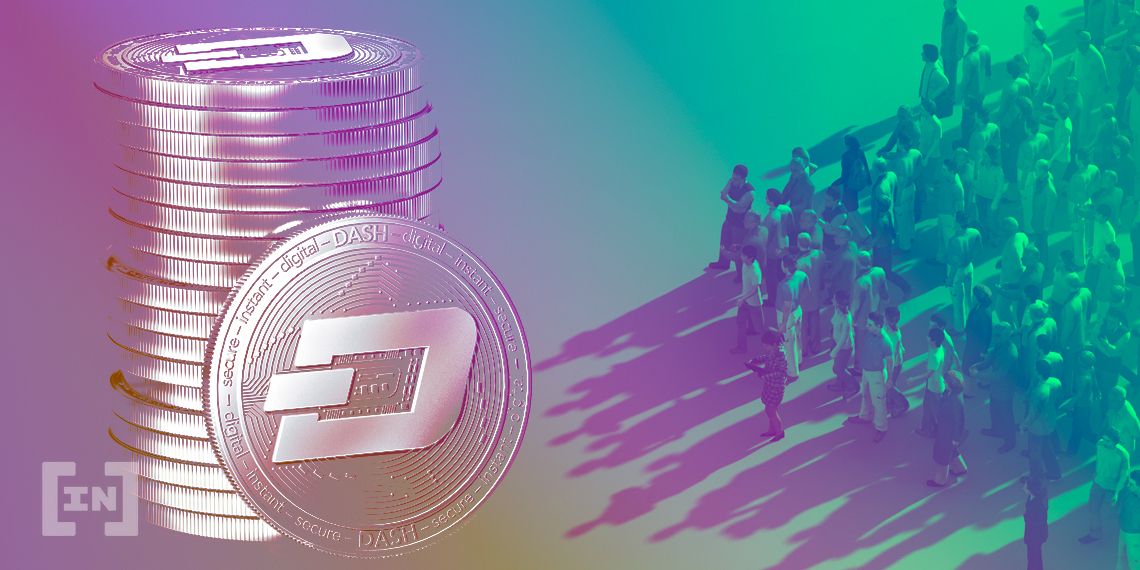The Dash team responded on Twitter to the Jan. 1 delisting by Bittrex.
On Jan, 1, Bittrex delisted four tokens, namely, Dash, Grin, Monero, and Zcash. The four were considered to be privacy coins. The Grin delisting was expected; Bittrex warned about it in November.
A vigorous response
Dash did not take the delisting lying down. On Jan. 1, the Dash team tweeted a response:
The tweet caught readers’ attention. This was not because of the company’s dogged resistance in the face of delisting. Rather, in the tweet, the team asserted that it was not a privacy token. Bitcoin, they wrote, had the same level of security.
Oh, really?
The twitterati reacted swiftly. Some pointed out that in the past, Dash emphasized its privacy functions.
The Dash is in the details
Dash Core Group CEO Ryan Taylor took to Twitter to add details to the team’s tweet. In a series of tweets on Jan. 2, Taylor explained that he understood Bittrex’s action to be motivated by a perceived risk to crypto labelled by the US government at Anonymity Enhanced Cryptocurrencies (AECs).
Taylor also stated that Dash is already working on responses to Justice and Treasury department organs’ publications to show that Dash is not an AEC. The team will send formal remarks as early as Jan 4.
Digging deeper
The bulk of Ryan Taylor’s 25 tweet thread portrays the platform as offering a version (albeit a better one) of capabilities found elsewhere in the crypto universe. He finds support in some serious places.
Chainalysis puts Dash in line
In its analysis of Dash, Chainalysis focuses on the platform’s PrivateSend functionality. The authors note that PrivateSend is not a default setting – users need to select it. By default, Dash is not very different from Bitcoin in this regard.
Furthermore, PrivateSend is a branded version of CoinJoin. Functionally, there is no difference between the two. Dash’s main difference is that it does not charge extra for using PrivateSend, while most CoinJoin enablers do. The authors note that, in the end, Dash is just easier to use and cheaper than its competitors.
Chainalysis states that PrivateSend accounts for approximately 9% of Dash transactions. This percentage is also declining. However, Chainalysis did not mention whether that is because use of PrivateSend is dropping or if public transfers are gaining in volume at a more rapid pace.
One other point that the researchers made is that under some circumstances, it is possible to piece together a transaction. As such, Chainalysis is including the platform into its investigatory pool.
Putting a line under it
Dash is busy defending itself, but this is a case of a moving targeter, not a moving target. Much of the SEC’s higher management left the Commission recently. New officials will take up the case – or not. Moreover, these officials will be under the new Biden presidency.
The Chainalysis assessment is an important part of Dash’s defense. US government bodies rely heavily on Chainalysis, and if the company says it can read into some of the transactions, the SEC’s case is weakened.
Disclaimer
In adherence to the Trust Project guidelines, BeInCrypto is committed to unbiased, transparent reporting. This news article aims to provide accurate, timely information. However, readers are advised to verify facts independently and consult with a professional before making any decisions based on this content. Please note that our Terms and Conditions, Privacy Policy, and Disclaimers have been updated.

